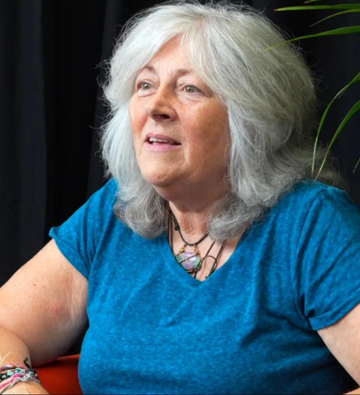'Everything takes a long time'
Whether your loved one requires mental health support, a hospital appointment, dental treatment or has another health issue in prison, they may find themselves having to wait for care.
It can be hard for families and their loved ones to tell whether this is unavoidable, or because something has gone wrong.

Some background
Healthcare providers and the NHS tell us that as the overcrowding in prisons gets worse, demand on prison healthcare services intensifies. Healthcare teams are understaffed for the number of people who need care; and the prison is understaffed too.
Healthcare staff can't provide care without help from prison staff (for example, to unlock prisoners from their cells), so a bottleneck in one part of the prison will create a bottleneck in healthcare too. If one cog stops turning, the whole system can jam up.
Healthcare teams also highlight that there are pressures across the NHS, and it's not uncommon for members of the public to have to wait for healthcare in the community too.
It is wise to have realistic expectations, but it is still vital for families to raise issues on behalf of their loved ones. Healthcare teams tell us they need to know when important care hasn’t been given, especially when a situation has reached a crisis point.
Our top tips
- Keep notes of any contact you or your loved one have with healthcare teams and the prison, so you have a paper trail and accurate timeline.
- Reach out for help if you are worried about a prisoner, especially if things reach a crisis point.
- Encourage your loved one to take care of themselves as much as possible whilst they are waiting. For example, by exercising, taking any prescribed medication, eating meals, staying clean and sober, and being productive.
